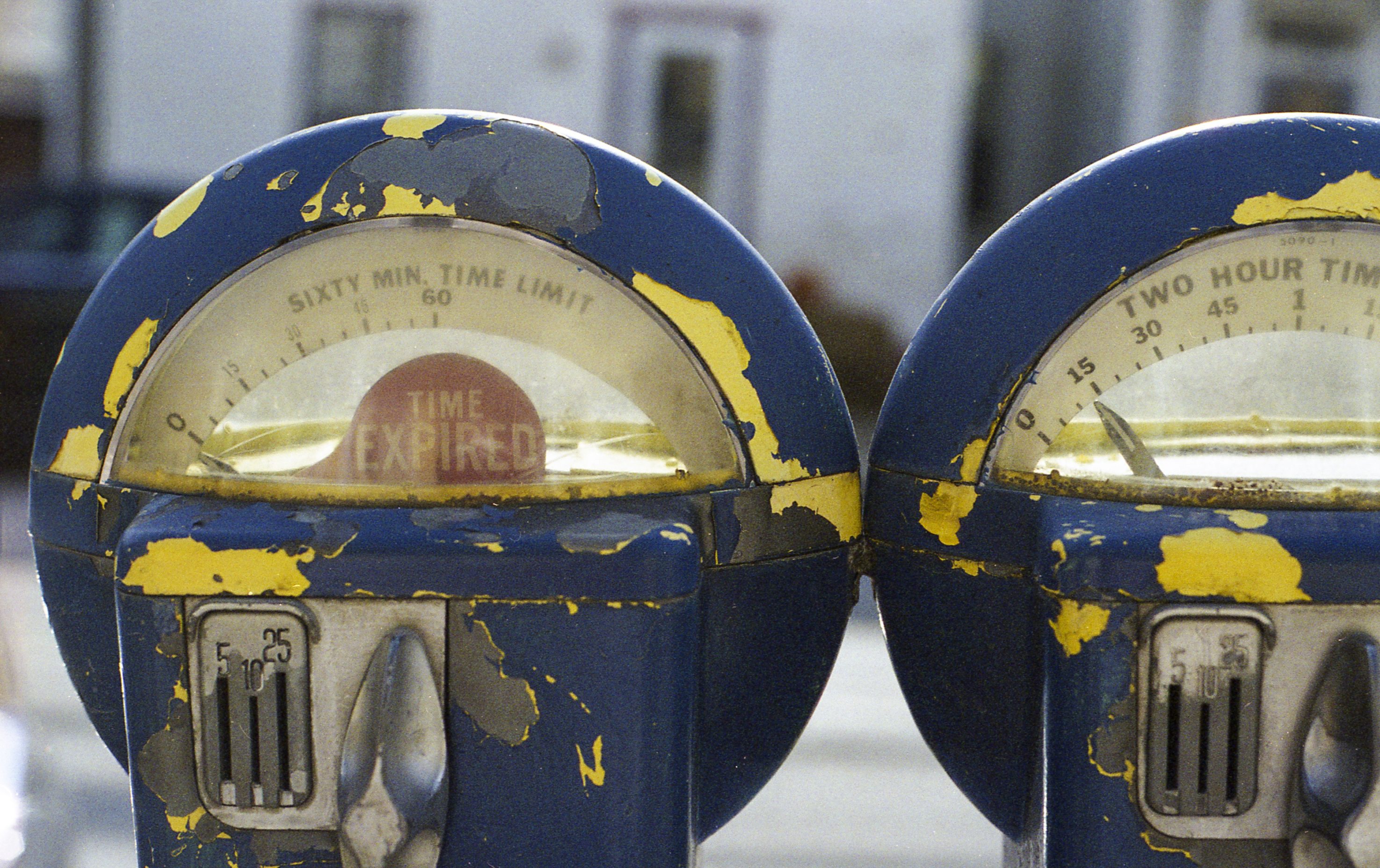LTC / FID APPLICATION
The gun licensing process is far from simple. Once you complete your firearms safety course, you must then complete the application form. Any misrepresentation on this form will result in the denial of your license. It does not matter whether the misrepresentation was intentional. When you sign your application, you do so under the pains and penalties of perjury. The licensing statute (G.L. c. 140, § 131) actually criminalizes the act of providing false information on an LTC/FID application.
Being a defendant in a criminal case or having a restraining order issued against you will likely impact your chances of getting an LTC. The questions on the LTC/FID application ask about convictions and court appearances. If your answers are not 100% accurate, then the licensing authority is well within its rights to deny your application. The denial will be based upon your failure to complete the application truthfully. It is not enough to complete the application to the best of your memory. This is true even if your last court appearance was over 20 years ago.
When reviewing your application, the licensing authority makes a few essential determinations. First, it will determine whether you are “prohibited person.” If you are not a “prohibited person,” then the licensing authority will determine whether you are a “suitable person” to be issued an LTC. If you are deemed “suitable,” then the final step of the process is to determine whether it will issue your LTC with or without restrictions.
Prohibited Person
Your licensing authority is not allowed to give you an LTC if you have been convicted or adjudicated a youthful offender or delinquent child, for the commission of:
(1) a felony;
(2) a misdemeanor punishable by imprisonment for more than 2 years;
(3) a violent crime as defined in G.L. c. 140, § 121;
(4) a violation of any law regulating the use, possession, ownership, transfer, purchase, sale, lease, rental, receipt or transportation of weapons or ammunition for which a term of imprisonment may be imposed;
(5) a violation of any law regulating the use, possession or sale of a controlled substance as defined in G.L. c. 94C, § 1, but not limited to a violation of Chapter 94C; or
(6) a misdemeanor crime of domestic violence as defined in 18 U.S.C. 921(a)(33).
It does not matter whether your disqualifying conviction was in Massachusetts or some other jurisdiction. The result is the same. You can also be considered a prohibited person if you have ever been civilly committed to a hospital or mental institution for mental illness.
Suitable Person
A determination of unsuitability shall be based on:
(1) reliable and credible information that the applicant or licensee has exhibited or engaged in behavior that suggests that, if issued a license, the applicant or licensee may create a risk to public safety; or
(2) existing factors suggesting that, if issued a license, the applicant or licensee may create a risk to public safety.







